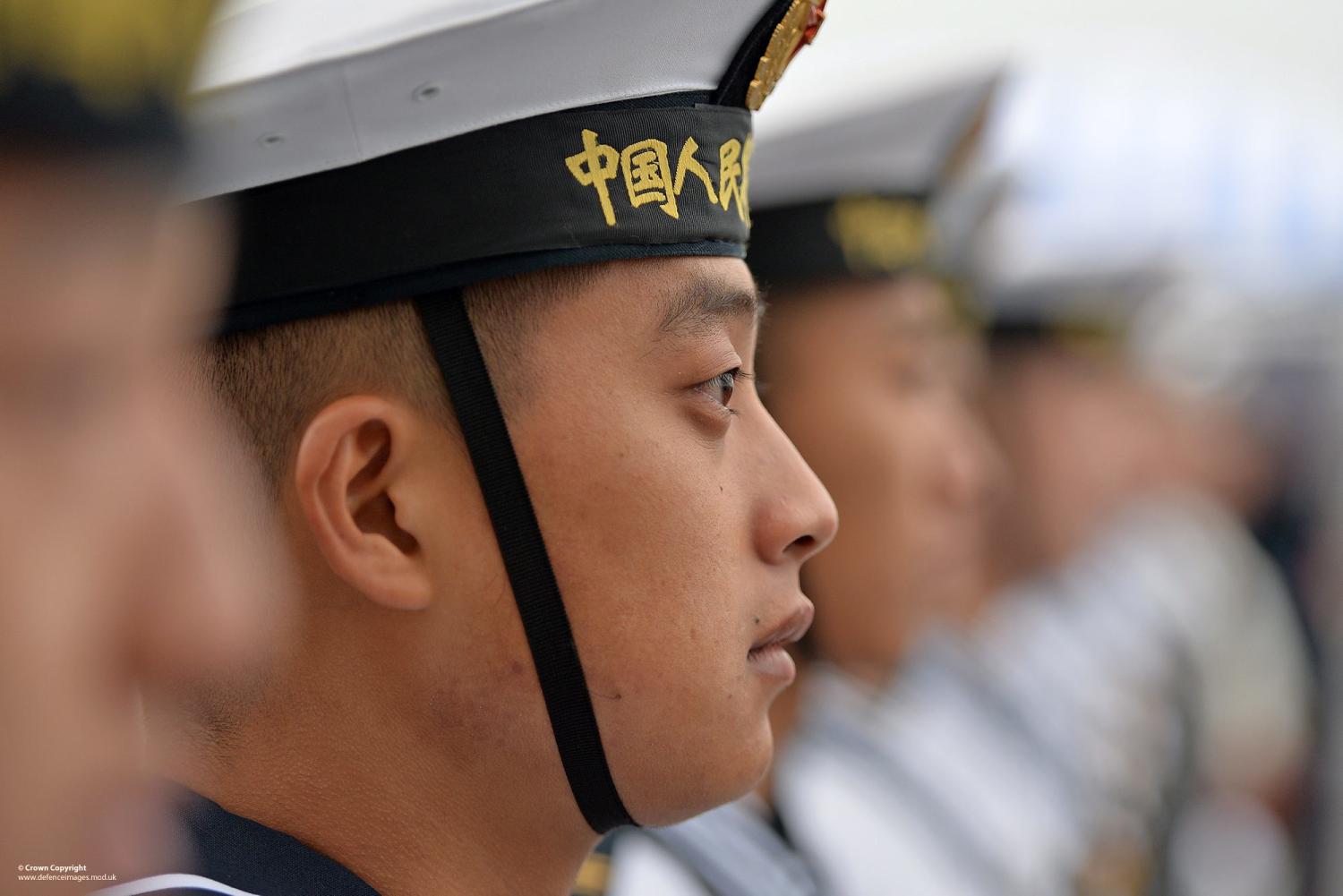The United States, and Washington DC in particular, is awash with expectations of war against China in the near future, most likely caused by a Chinese decision to forcibly annex Taiwan.
Plenty of Americans — including senior military officers, academics, and politicians — think Chinese leader Xi Jinping sees war as the best option. Those making this argument typically say Xi is tired of waiting for unification to happen peacefully, sees a military window of opportunity, or has set a deadline for finishing the job. Some think China’s recent economic problems create an incentive for Beijing to launch a diversionary Taiwan war.
We cannot know Xi’s priorities with certainty. Nevertheless, from what we can observe, an elective war against Taiwan is hardly a compelling proposition for Xi’s government.
Even with China’s massive arsenal of modern warships, combat aircraft and missiles, Beijing is nowhere near the level of superiority that would guarantee a successful invasion given the probability of US and Japanese military resistance. Xi would need to worry about more than ferrying enough forces and their supplies across the Strait through the gauntlet of Taiwanese, US and Japanese ships, missiles, submarines, mines and drones. A cross-Strait war would disrupt regional economic activity, threatening the livelihoods of millions of Chinese. The resulting social turmoil could endanger Xi’s rule.
A Chinese blockade of Taiwan’s ports would be less risky, but would have disadvantages. Taiwan’s government may choose to resist. Beijing’s action would stimulate increased anti-China cooperation around the world; China could expect to suffer sanctions over a long period. And the United States would have ample time to surge forces into the region to assist Taiwan.
Beijing’s attempts to intimidate the US government into abandoning support for Taiwan have failed. Helping Taiwan to defend itself remains bipartisan US policy, even supported by Republican Party politicians who want to stop arming Ukraine. Despite the longstanding US policy of “strategic ambiguity”, President Joe Biden has publicly stated four times that US forces would intervene in Taiwan’s defence.
Xi doesn’t necessarily need to solve the Taiwan problem during his tenure to earn a legacy in Chinese history. Xi has three huge domestic projects. The first is restoring the primacy and authority of the Communist Party, which prior to Xi’s tenure as general secretary had suffered a decline in prestige due to rampant corruption, decentralised governance and the empowerment of civil society. The second is what Xi sees as ideological purification, including cleansing China of “Western” ideas and values. Third, Xi must oversee the transition of China’s economy from reliance on exports and investment in infrastructure to a new model that can maintain robust growth and advance China from a middle-income to a high-income country. Success in these projects would be enough to secure glory for Xi, who already enjoys a section in the Party’s constitution honouring “Xi Jinping Thought.”
A struggling economy does not make Beijing more likely to launch a war. China’s economic malaise appears to have dampened the Chinese public’s enthusiasm for a Taiwan campaign. The natural reaction to a lack of strength at home is to be more cautious in foreign affairs, not more aggressive. Thus, the appearance of serious issues in China’s economy in 2023 led to Xi trying to lower tensions with the United States, and a direct appeal to the business community to invest more in China during Xi’s visit to California last year.
Several US commentators and politicians raised alarm about Xi purportedly “warning” Biden during the California summit that China plans to forcibly seize Taiwan. A more accurate summary of Xi’s remarks would be that he restated the decades-old mantra that unification will happen. He gave no timeline, he said he hoped it would occur by peaceful means, and he denied that his government has a plan to attack Taiwan.
Like any People’s Republic paramount leader, Xi must repeat the promise of eventual unification, build up a military machine that deters independence, insist that the international community adheres to the “one China” principle, and maintain pressure on Taipei to enter negotiations with Beijing. There is no indication that Xi’s position in China is in jeopardy due to a perception he is not tough enough toward Taiwan.
Xi needs merely to avoid Taiwan declaring formal independence. If Taiwan did do so, Xi would probably opt for war. But even Taiwanese governments controlled by the Democratic Progressive Party, which rejects the idea of Taiwan being part of China, have shown that they will not cross this line.
Xi reached the pinnacle of the Party hierarchy through a career of careful positioning and quiet ruthlessness, not by taking grand gambles. Since then, he has shown a preference for grey-zone tactics. There is no convincing reason to expect him to rush to a military showdown over Taiwan.

